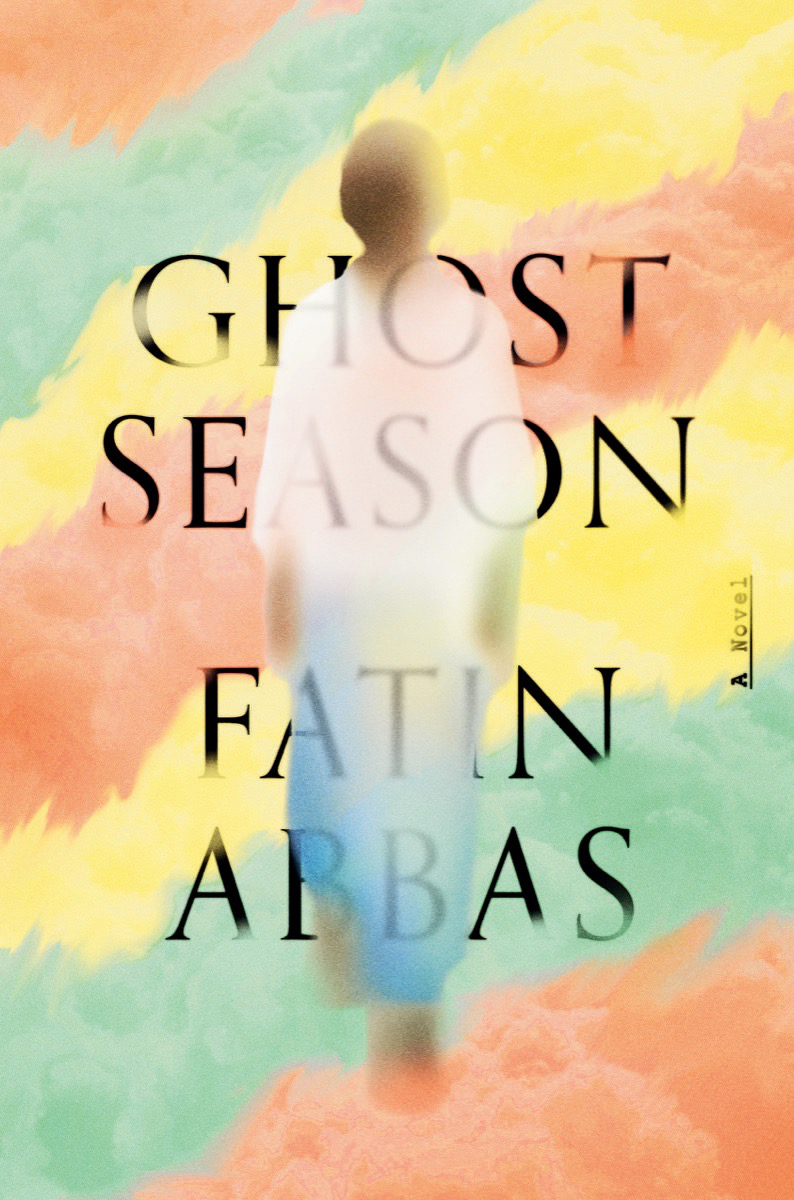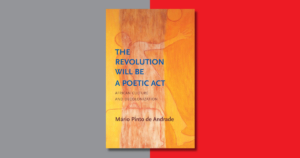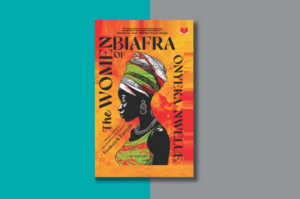Chapter I
Dena picked up the camera bag, lifted the tripod under her arm, and, in the courtyard, stopped to look up. The light was mellow, caressing surfaces: the thatched roof of the gazebo that stood at the back of the compound, the clay walls of the storage room, the pale canvas of the tent set up by the office. Light like this was rare–it was only because of a haze of morning clouds, which might melt away at any moment–and so she hurried across the yard to the kitchen, where she found the boy Mustafa sweeping.
He glanced at her and smiled and then his eyes returned to the work. There were few formalities between them now. She didn’t have to ask, as she used to, whether she could switch on the camera. He knew why she was there, that her work was watching him, and he’d accepted it, though not without some lingering bewilderment.
She unpacked her things–headphones, a piece of paper to check for white balance, batteries–then turned on the camera and framed the boy sweeping dirt. Sweat trickled into the crease of her one shut eye, and through the other she watched his arms move, the cloudy sunlight hitting them just-so, reflecting the smooth skin just-so against the brown mud of the kitchen wall behind. At his feet the dust swirled up luminous from the uneven ground, rising, then unfurling out in a shadowy motion, the cloud thinning then dissipating in the morning air.
“Look,” he said, shading his eyes. Dena watched him through the lens. “There’ll be rain later.” His hand remained above his brow for an instant, and then he reached for the broom again.
In the background, echoing through her headphones as though from a faraway place, she could hear a tune pulsating on the radio, and behind that the sound of water splashing in the street. The scent of baking bricks and dung came and went, carried by the river breeze, and still she looked, drifting between the face, the hands, the dust, the moving broom, so lost in looking that the pulse in her aching arm no longer felt like pain but only rhythm.
In the office Alex sat on a stool too low for the makeshift desk, a map spread out in front of him. The room was the only one built out of concrete in the compound, It was cramped, barely big enough for the table, chair, and a metal filing unit set against the left-hand wall. A poster was pinned above it, showing the logo of the organization: a white globe floating above two green palms raised upward as though in prayer.
He’d spent the morning reading an agricultural report, but, bored, had pulled open one of the maps lying on the desk. He never got tired of looking at maps. He leaned forward on his elbows, eyes tracing the northern border, a line bolting straight across the Sahara. His gaze drifted down, following the river to its source as it meandered through the thick yellow belt of desert to the capital, where it split in two, a branch curving up toward the Ethiopian highlands in one direction and the other continuing south toward Lake Victoria. He stopped at a dot marking the town he was in now–Saraaya, at the boundary between North and South. Here the desert merged into grasslands, swaths of pale green that became darker and denser toward the tropical south of the country.
He’d come to this town to make a map, sent by his organization to chart farmlands, villages, grazing pastures, water wells, district lines as part of an information-gathering mission. The maps that existed were outdated, drawn up by the British more than fifty years ago and still used by the local authorities; a good map was needed to give direction to the organization’s aid efforts in the area.
It was late November. He wanted to begin, but two weeks into his stay he was still waiting for official permission from the authorities. And his surveying equipment, which should have arrived a week ago from Khartoum, had been shipped to the wrong town, two hundred kilometers away, and was only now on its way over.
A shadow blocked the light coming from the yard, and when he looked up he saw William, the translator, looming in the doorframe.
Teeth flashed in a smile beneath glinting eyes. “Good morning,” said William.
A fresh, zesty fragrance wafted into the office. William had been drenching himself in cologne lately, and Alex thought it had something to do with the pretty new cook who had started working in the compound.
Alex raised his nose in the air and sniffed. “Has my translator turned into a lemon tree or what?”
William grinned, his long, handsome face bashful. “It’s a new cologne,” he said in a lilting accent, drawing out the vowels. “Maybe you could do with some yourself.”
It occurred to Alex that he didn’t make a very pretty picture. He sat shirtless, his chin overgrown with stubble, his light hair dangling in wet tendrils around his ears. Sunburnt skin was peeling off his nose. In contrast, William was a picture of elegance: His shirt glowed crisply white against the dull clay walls of the compound. His hair was buzz-cut close to his scalp so that the line between it and the broad, dark, forehead was almost impossible to discern.
“Any news?” asked Alex. “About the authorization?”
“Not yet,” said William. “But soon. Any day now.”
It was the same answer that William always gave him.
“It’s been two weeks. How much longer am I supposed to wait?”
He was suddenly irritated by the neatness of William’s white shirt.
“I’ll talk to them again tomorrow,” said William. “But I can’t rush the authorities. They will slow things down even more if I push them.” He stepped out into the yard. “I’ll be in the kitchen. Call me if you need me.”
He closed the door before Alex had a chance to say more.
***
Buy Ghost Season here: Amazon
Read the full excerpt here: Google Books
Excerpt from GHOST SEASON published by W. W. Norton & Company. Copyright © 2023 by Fatin Abbas.










COMMENTS -
Reader Interactions